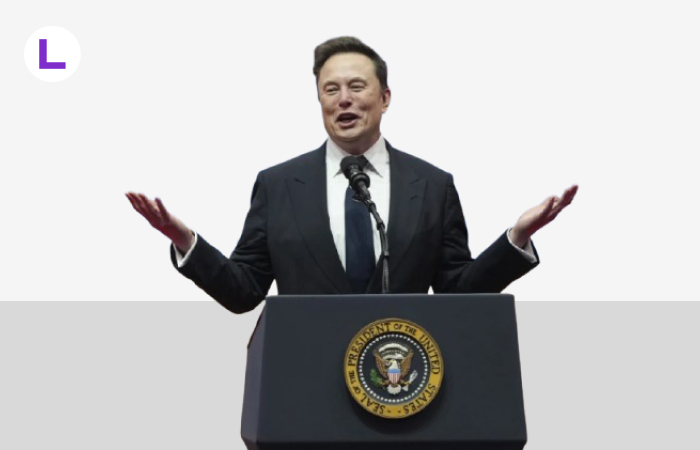Washington, D.C.: President Donald Trump has declined to rule out the possibility of a US recession in 2025, emphasizing that the nation is undergoing a significant economic shift. During an interview aired on Sunday, he was asked whether the country could face an economic downturn this year but refrained from making a definitive prediction.
“I don’t like to make forecasts like that,” Trump stated in an interview with Fox News. “The economy is in transition because we are implementing major changes—bringing wealth back to America takes time.”
Conflicting Statements from Administration Officials
While Trump remained cautious in his response, members of his administration have shared mixed views on the economic outlook. Commerce Secretary Howard Lutnick dismissed concerns over a potential recession, stating emphatically on NBC’s Meet the Press:
“Absolutely not.”
However, economic analysts and market trends indicate growing uncertainty regarding US economic stability in 2025.
Stock Market Volatility and Consumer Confidence
Trump’s evolving trade policies, particularly the shifting stance on tariffs against China, Canada, and Mexico, have contributed to market uncertainty. The stock market recently recorded its worst weekly performance since the 2024 election, raising concerns about investor confidence.
Additionally, consumer sentiment has declined as inflation remains a pressing issue for American households. Economic experts suggest that the possibility of higher prices due to tariffs is affecting public confidence, while mass layoffs in government agencies—allegedly tied to cost-cutting measures backed by billionaire advisor Elon Musk—have fueled further concerns.
Economic Indicators Signal Potential Slowdown
Some key economic metrics hint at possible trouble ahead. The Atlanta Federal Reserve has projected a 2.4% contraction in real GDP growth for the first quarter of 2025, marking the weakest performance since the COVID-19 recession.
Uncertainty over Trump’s tariff policies has also left investors and businesses on edge. The administration’s shifting timeline and scope of trade duties have complicated economic forecasts, making it unclear whether tariffs are a temporary measure or a long-term strategy.
When asked about the future of these trade policies, Chief Economic Advisor Kevin Hassett told ABC News:
“If other nations do not respond positively, we could see a new economic balance where tariffs remain in place.”
Trump Administration Maintains Optimism
Despite economic warnings, the Trump administration remains confident that its policies will lead to sustained growth. In his recent State of the Union address, Trump acknowledged possible short-term challenges but reassured Americans:
“There may be some disruptions as tariffs take effect, but we’re prepared for that. It won’t be significant.”
Similarly, Treasury Secretary Scott Bessent described the current phase as a “detox period” in which the government is working to reduce spending while strengthening the economy.
Economists Sound the Alarm
While Trump’s team remains optimistic, financial experts are more cautious. Goldman Sachs recently increased its estimate for the likelihood of a US recession in 2025 from 15% to 20%, citing concerns over economic policy uncertainty. Meanwhile, Morgan Stanley revised its growth expectations downward, anticipating slower economic performance than previously forecasted.
It is usually understood that a recession occurs when GDP declines for two consecutive quarters. The last US recession occurred in early 2020 due to the COVID-19 pandemic, which led to widespread job losses and economic challenges.
As 2025 unfolds, economists and policymakers will be closely monitoring whether Trump’s economic strategies can steer the country through this transition without tipping into a recession.


